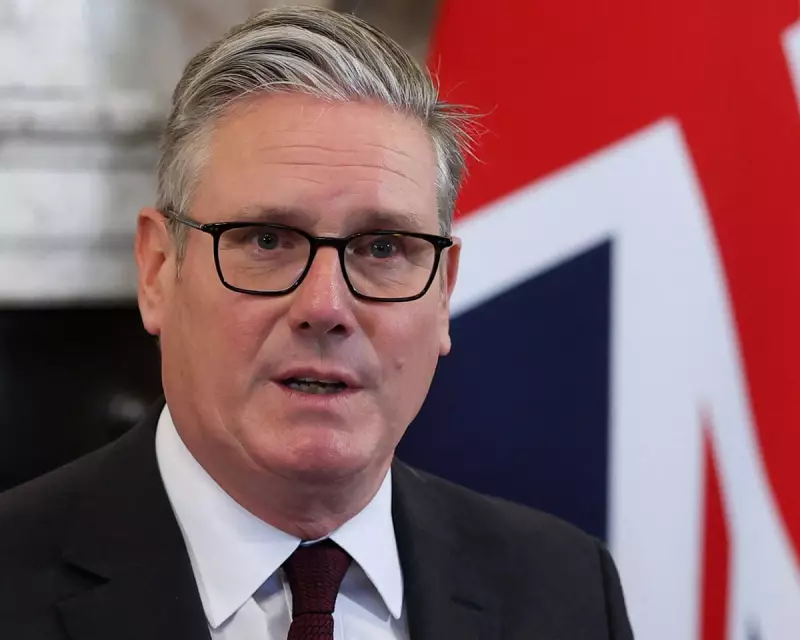
In a powerful speech delivered from the heart of Westminster, Prime Minister Keir Starmer has launched a sweeping counter-offensive against what he termed the "corrosive forces" of the far-right, positioning himself as the defender of a united, progressive Britain.
The new strategy, dubbed the "Progressive Fightback," marks a significant escalation in the government's political rhetoric. Starmer issued a stark warning that the politics of division and decline, championed by extremist groups, poses a fundamental threat to the nation's social fabric and economic future.
A Battle for Britain's Soul
Starmer articulated a clear vision of the challenge, stating that the country stands at a crossroads. He argued that the far-right's influence is not a peripheral issue but a central driver of national stagnation. The Prime Minister's speech was notably direct, aiming to draw a sharp line between his government's values and those of its populist opponents.
Key pillars of the "Fightback" include:
- Reasserting the value of evidence-based policymaking over populist soundbites.
- Championing national unity and common purpose against forces seeking to divide communities.
- Revitalising a positive, forward-looking narrative for the country to counter pessimism.
Reclaiming the Centre Ground
The initiative signals a deliberate attempt to reclaim and fortify the political centre ground. Analysts suggest this move is designed to consolidate the Labour government's base while appealing to moderate voters who may feel politically homeless. The Prime Minister framed the contest not as one of left versus right, but of "the future against the past, hope against fear."
This strategic pivot comes amid growing concerns within government about the rising traction of far-right narratives online and in public discourse. By launching this campaign, Starmer hopes to reframe the national conversation and put his opponents on the defensive.
The success of this "Progressive Fightback" will be closely watched, as it may well define the political battleground for the remainder of Starmer's premiership and set the tone for the next general election.






